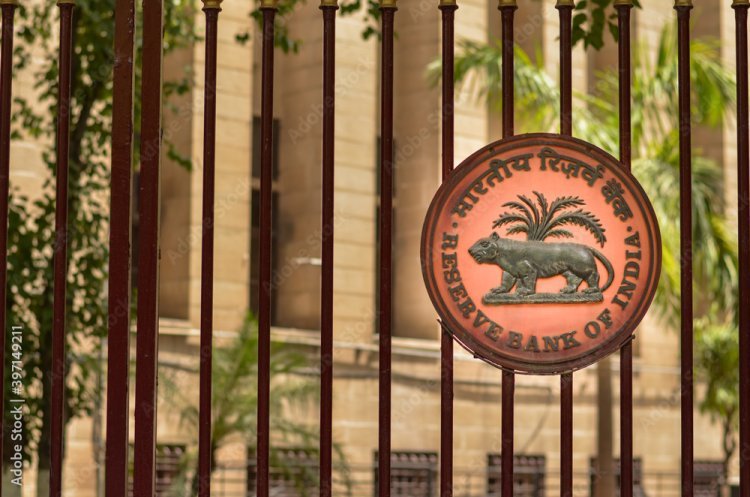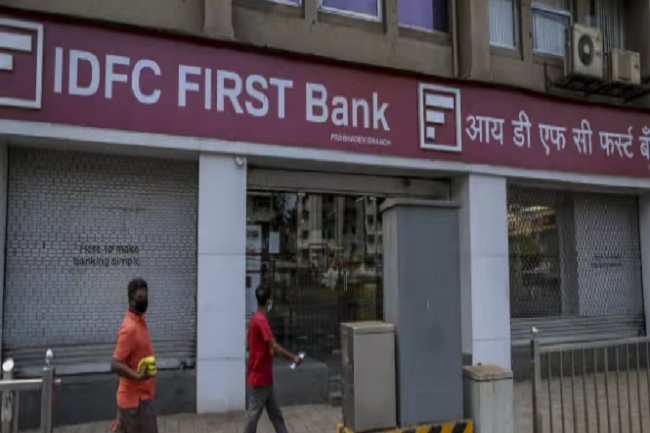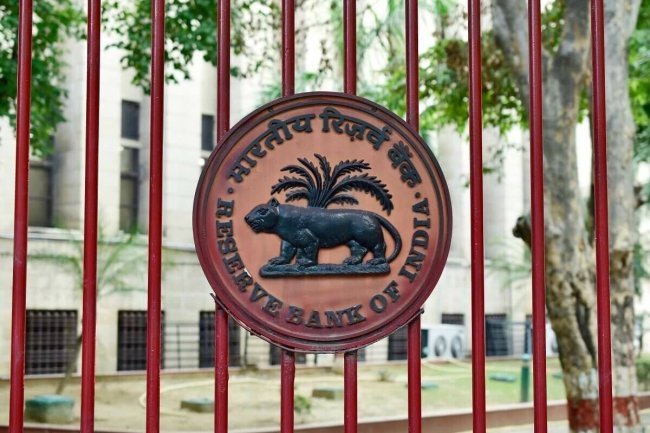RBI Calls for Responsible Lending Practices Among Small Finance Banks

RBI Calls for Responsible Lending Practices Among Small Finance Banks
Reserve Bank of India Deputy Governor Swaminathan J has urged small finance banks (SFBs) to implement responsible lending practices to better serve marginalized and underserved communities. During a recent address, Swaminathan expressed concern over troubling practices observed in some SFBs, including exorbitant interest rates, advance installment collections not reflected in loan balances, and high fees. He noted that the grievance redressal mechanisms in many SFBs are often insufficient.
Swaminathan recommended that SFB boards regularly assess their financial inclusion objectives to understand their impact on underserved populations. He emphasized the need for banks to evaluate whether they are genuinely reaching low-income households, small businesses, and rural communities, as well as the effectiveness of their technological innovations in bridging financial gaps.
The deputy governor highlighted the importance of a robust governance framework, urging a clear separation of responsibilities between the board and management. While the board should focus on strategic direction and ethical standards, management must execute these strategies effectively. He also stressed the necessity for SFBs to appoint at least two whole-time directors to avoid potential leadership vulnerabilities.
Additionally, Swaminathan called for an emphasis on sound credit risk underwriting practices. He pointed out that while many banks are expanding into unsecured retail lending, this comes with inherent risks that could lead to higher default rates during economic downturns.
Furthermore, he acknowledged the role of digital lending in increasing credit access but cautioned that maintaining an on-ground presence for collections is vital. Addressing concerns about cybersecurity, Swaminathan noted that as relatively new entities, SFBs face significant operational risks from cyber threats and digital frauds, necessitating enhanced measures to protect customer data and banking operations.
Click Here to Visit
What's Your Reaction?
















